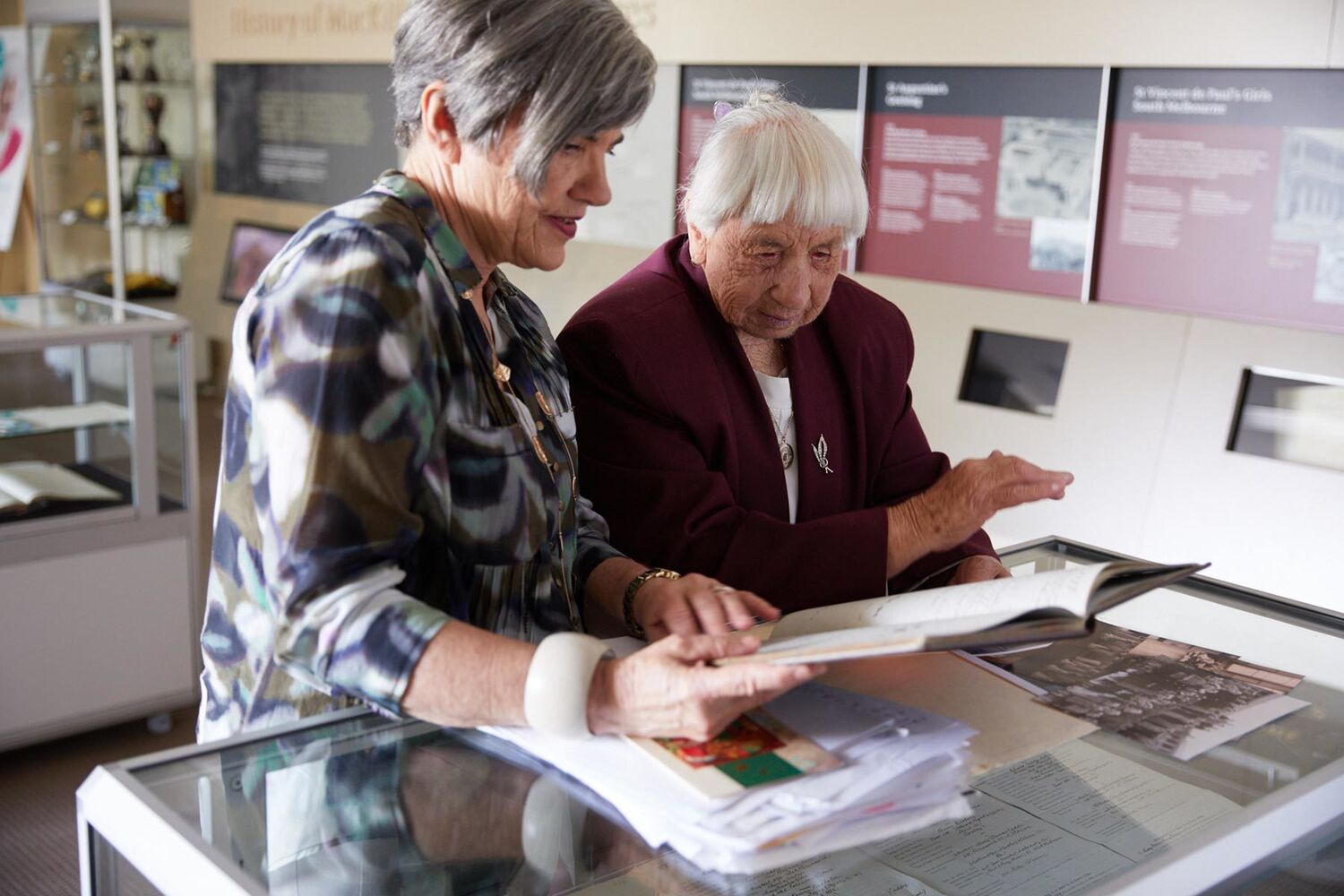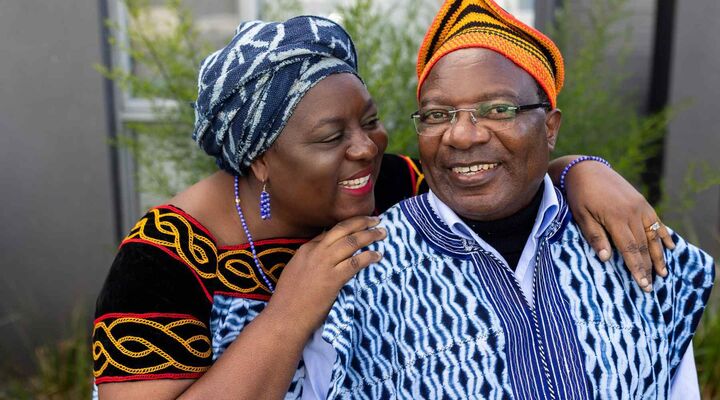When Jenny Glare, General Manager of MacKillop’s Heritage and Information Service won an Australia-wide award highlighting her work in the preservation and supported release of the records of those who had spent all, or part of their childhood in care, she highlighted the importance for everyone to know their personal story.
Now, thanks to philanthropic funding from the Melbourne Catholic Archbishop’s Charitable Fund, MacKillop’s work in this area is set to expand. Building on its exemplary reputation as a recognised national and international leader in holding the historical records of children placed in orphanages and children’s homes, the organisation aims to develop a National Records Access Service.
The organisation’s heritage service contains more than 115,000 records dating back to 1857 and held on behalf of children who were in care across eight orphanages and homes run by the organisation’s founders, the Sisters of Mercy, Sisters of St Joseph and the Christian Brothers. Requests from care leavers to access these records have increased more than 180 per cent in the past decade.
However, with requests from other Catholic agencies to house and manage their records, along with information about the location of records from other Catholic children’s homes across Australia, MacKillop believes it is vital to collectively consolidate and store in one place such a valuable collection.
Sadly, for many people, when they approach the record holding agency, their experience is that no records exist, or if records do exist, they usually do not provide the answers that are being sought.
A national record service would provide a consistent approach to storing the records of children and young people who lived in some 140 Catholic homes and orphanages in Australia in the 1800s and 1900s. While some organisations provide support services and guidance in accessing records, in general there is no easy path for former residents to follow if they are seeking their story.
Jenny said as organisations increasingly struggled to maintain records, many were unable to provide support to those seeking information.
“Records held are in a variety of locations, though predominantly held in the archives of religious congregations. The variety of practices in storing and releasing these highlights the need for a national access service that would provide a consistent approach for care leavers.”
Jenny and her team work closely and sensitively with those requesting records and engage other organisations and agencies to seek further information where information is missing. They then talk through the records with the record seeker, helping them to piece together their history.
“Allowing people to understand their childhood, where they lived, who they lived with and who they were connected to is fundamental in beginning to answer the most essential of questions regarding a person’s sense of who they are and where they came from,” she said.
Jenny congratulated the Melbourne Catholic Archbishop’s Charitable Fund in recognising how critical it was for care leavers to have a seamless, easy access to their records. “As more people become aware of the intergenerational effects of childhood separation, the need for people to access their records or those relating to their deceased parents, grandparents and other family members is vital. For care leavers trying to piece together their history, we want to make this process as easy as possible.”






